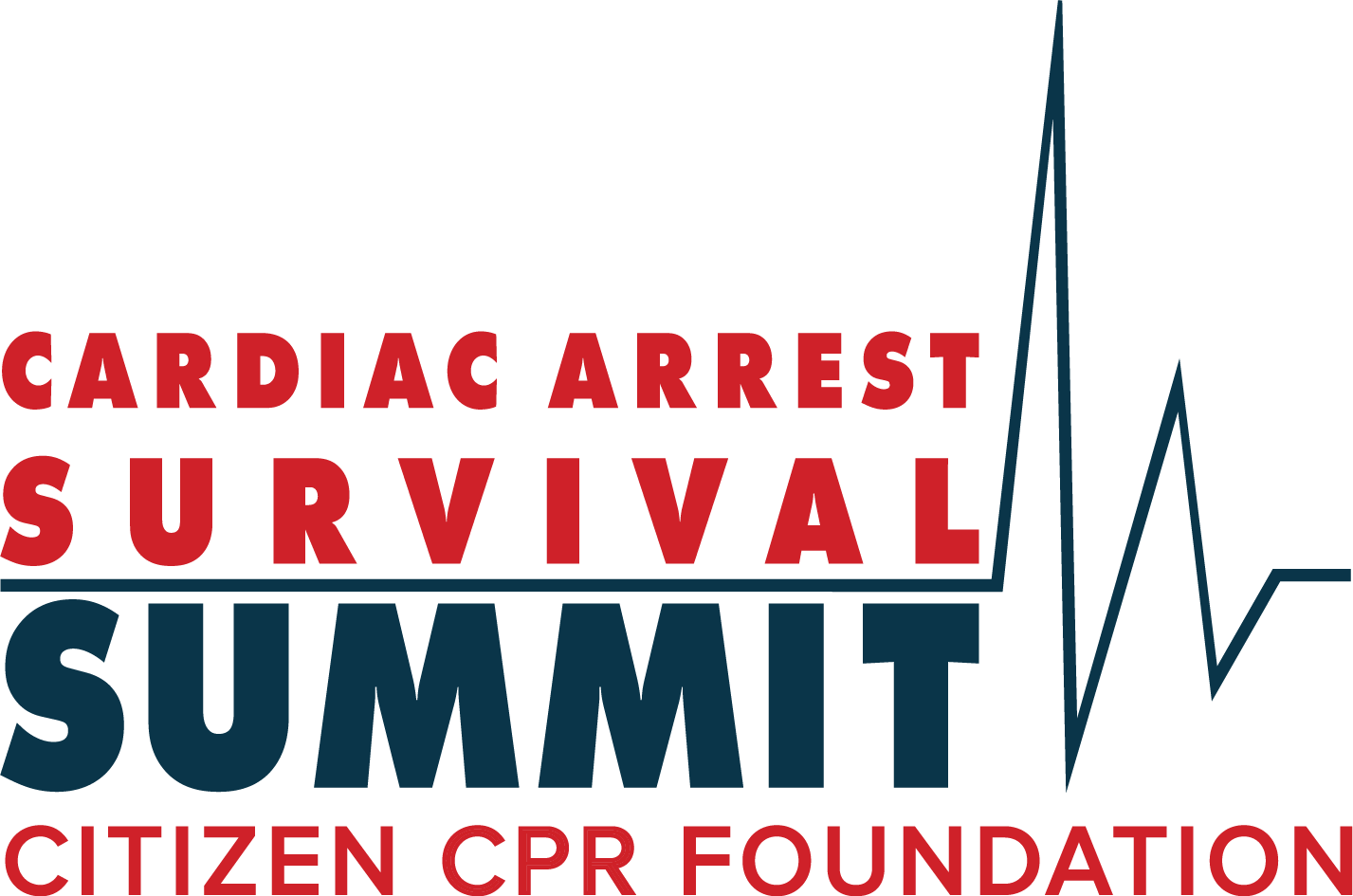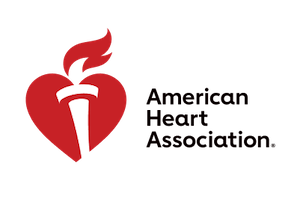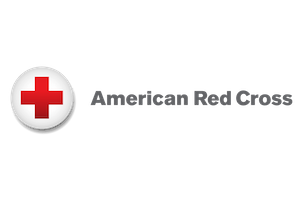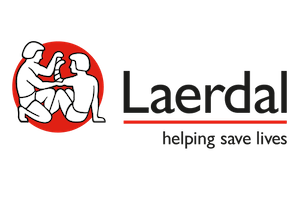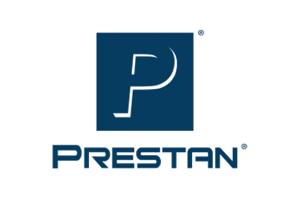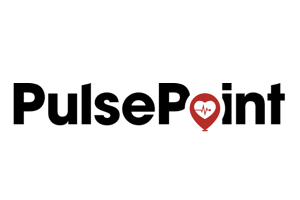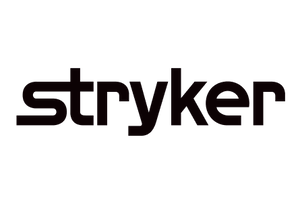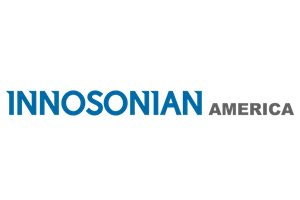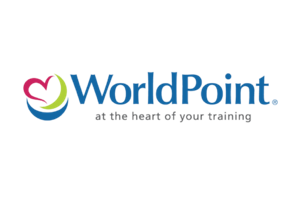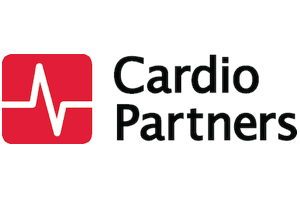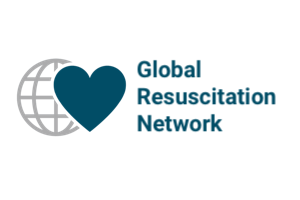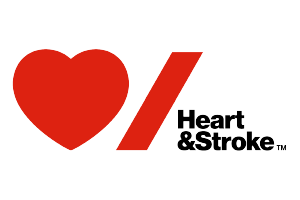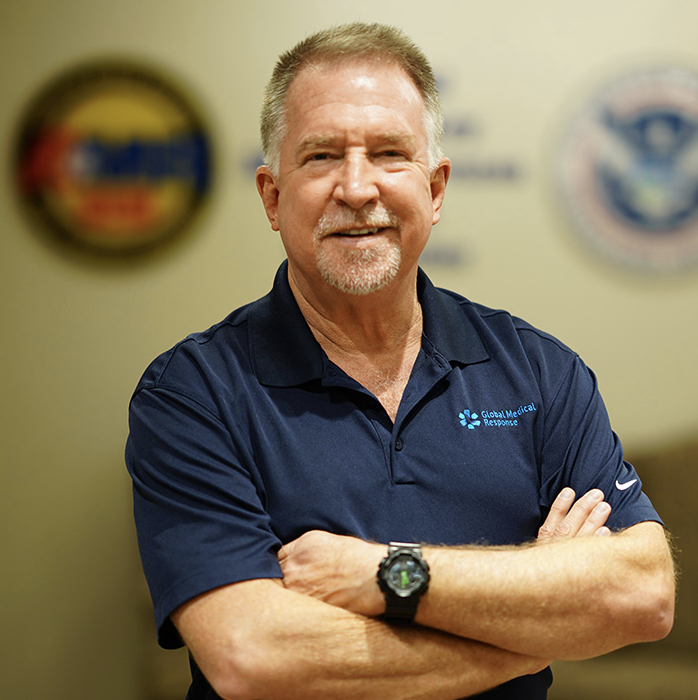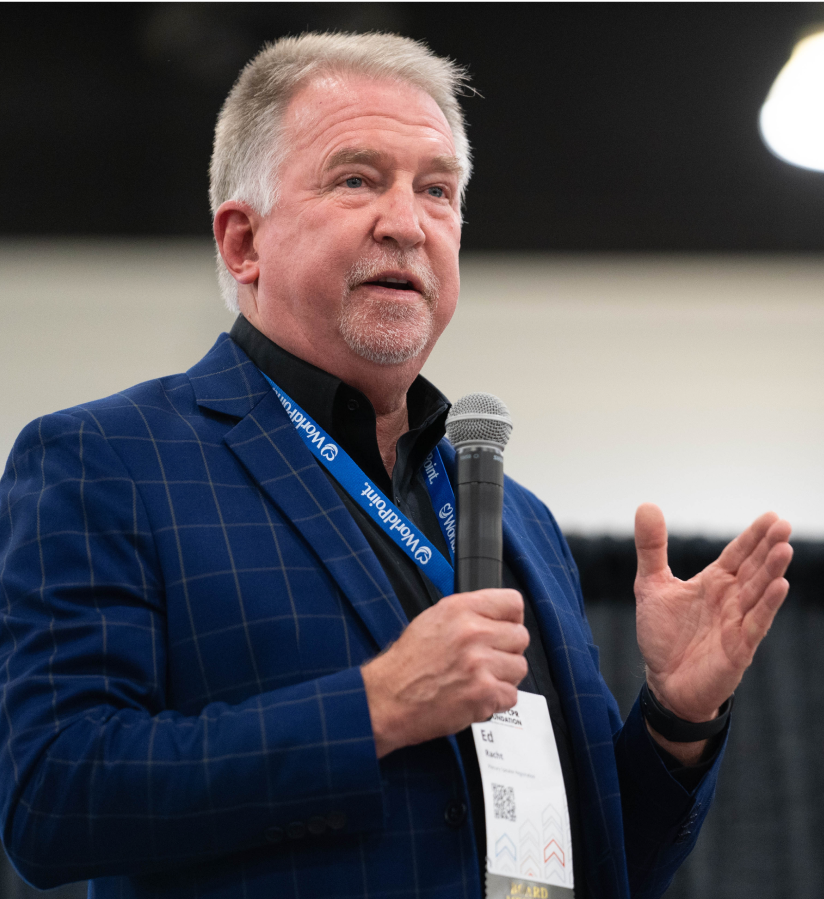

ABOUT CARDIAC ARREST SURVIVAL SUMMIT
Citizen CPR Foundation’s Cardiac Arrest Survival Summit is the central hub for resuscitation professionals, educators, experts, influencers and advocates, as well as the top decision makers for resuscitation products, services and information. This multi-day Summit brings together the widest array of professionals and individuals interested in connecting, learning and discussing the newest insights improving community response to sudden cardiac arrest.
The Cardiac Arrest Survival Summit is the 23rd international, biennial conference on cardiopulmonary resuscitation (CPR) and other aspects of emergency cardiovascular care (ECC). The Summit is where the widest array of resuscitation professionals – instructors, practitioners, program directors and researchers, as well as SCA survivors and community champions – come together for learning, inspiration and networking.

Join us in Phoenix!
Five Reasons to Submit a Presentation or Poster for CASSummit 2025
5. The superb Arizona Grand Resort and Spa in Phoenix in December, decked out in holiday colors and glorious sunshine. What more can we say?
4. Hearing survivor and lay rescuer stories never fails to inspire us and reignite our enthusiasm. You’ll come away refreshed and renewed as you energize others.
3. You’ll be educated yourself with the latest trends, research and case studies and leave with practical lessons to bring back to your own community. The conference will address the first full scientific review of ECC guidelines in the past decade.
2. You get to be part of an exclusive network of faculty with some of the most notable minds in the resuscitation profession.
1. Most importantly? This is a great opportunity to share your knowledge and experience to help in the effort to save more lives. Whether you work in the prehospital field or in the hospital, CASSummit wants your engagement, expertise and ideas.
Key Information About Submitting Your Presentation to the 2025 Cardiac Arrest Survival Summit
This year's theme:
Seconds to Act — Empowering the Response to Cardiac Arrest and Life-Threatening Emergencies
Engage our communities with a systems approach to time-sensitive emergencies
CASSummit is unique in addressing every link in the chain of survival, providing education and inspiration to prehospital and in-hospital resuscitation practitioners, educators, survivors and community advocates. This year, we’re expanding our focus to address time- sensitive emergencies that require the same preparedness, rapid response and medical intervention as sudden cardiac arrest.
What best practices, research, awareness and advocacy, or real-life case studies can you share with our engaged and eager-to-learn CASSummit audience?
Explore this page for details about this year’s theme, suggested presentation topics, submission rules and more.
Important dates: Submission closes March 14, 2025 (submissions due by 11:59 p.m. ET)
Five Reasons to Submit a Presentation or Poster for CASSummit 2025
Join us in Phoenix!

- Most importantly? This is a great opportunity to share your knowledge and experience to help in the effort to save more lives. Whether you work in the prehospital field or in the hospital, CASSummit wants your engagement, expertise and ideas.
- You get to be part of an exclusive network of faculty with some of the most notable minds in the resuscitation profession.
- You’ll be educated yourself with the latest trends, research and case studies and leave with practical lessons to bring back to your own community. The conference will address the first full scientific review of CPR, ECC and First Aid guidelines in the past decade.
- Hearing survivor and lay rescuer stories never fails to inspire us and reignite our enthusiasm. You’ll come away refreshed and renewed as you energize others.
- The superb Arizona Grand Resort and Spa in Phoenix in December, decked out in holiday colors and glorious sunshine. What more can we say?
Submission Content Guidance
The CASSummit Program Committee is looking for resuscitation content for concurrent sessions in both the prehospital and hospital areas. Type of content includes:
- Case studies
- Best practices
- System-wide interventions
- New research or review of established research
We are also seeking content addressing a variety of time-sensitive emergences that result in cardiac arrest (secondary to other conditions) and which requires quick bystander intervention, including but not limited to:
- Uncontrolled hemorrhaging
- Opioid overdose
- Drowning
- Complications of childbirth
- Stroke
Areas of Focus
These are notable topic area examples to help guide submission. You will be asked to select no more than three areas of focus when you complete the submission process.
- 911, EMS, Fire and/or Law Enforcement: Best Practices and Case Studies
- Hospital: Clinical Challenges and Innovations
- Community Strategies in Specific Settings: Schools, Industry, Hotels, Stadiums, Etc.
- Overcoming Challenges in Resuscitation Education and Training: Time, Financial Resources, Bandwidth, Etc.
- Citizen and Bystander Training for Time-Sensitive Emergencies: What’s New and What Works?
- HEARTSafe Communities: Strategies for Success Youth and/or Athletes: Interventions and Readiness
- Survivorship and Advocacy: Learning from Experience-the Science and the Stories
- International Efforts: CPR/AED Education, Implementation, Etc.
- Emerging Technologies: What They Mean for the Way We Teach and Practice Resuscitation Can Include the Use of Artificial Intelligence (AI), Machine Learning (ML), Virtual Reality (VR), and/or Augmented Reality (AR)
- Special interest: Resuscitation-related Topics not Included Above
Thoughts From Ed Racht, MD, CASSummit 2025 Program Chair
Why This Theme, This Year?
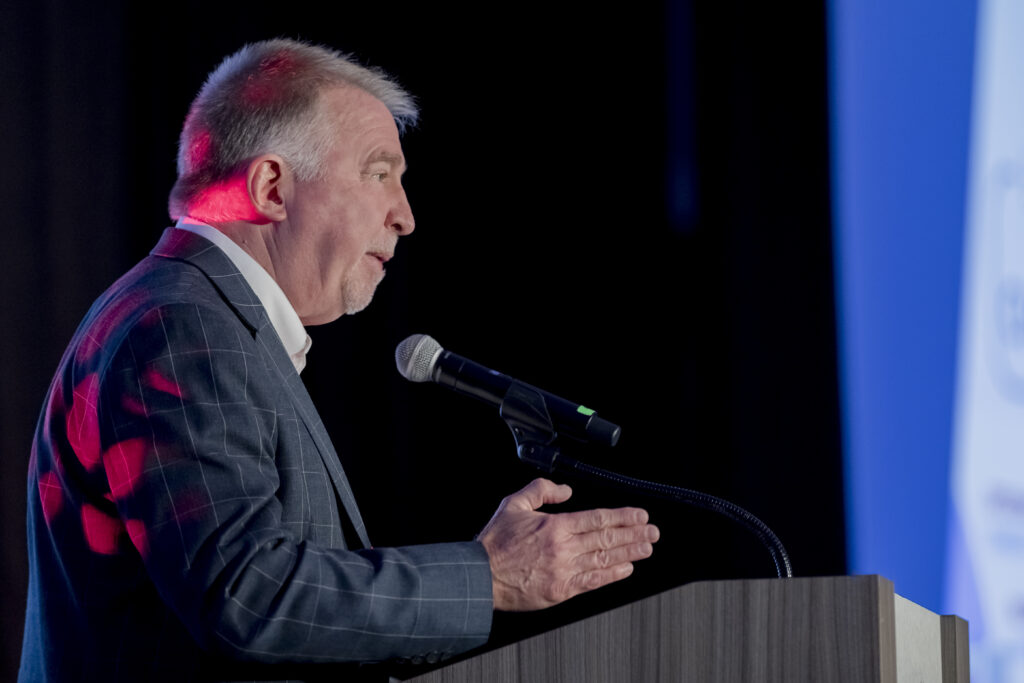
“In choosing this year’s focus and theme, we have expanded our topics and reach to use our lessons learned, research, and best practices to address the preparation, identification and care in resuscitating patients whose hearts have stopped no matter the cause.”
A Beautiful Approach to Time-Sensitive Emergencies
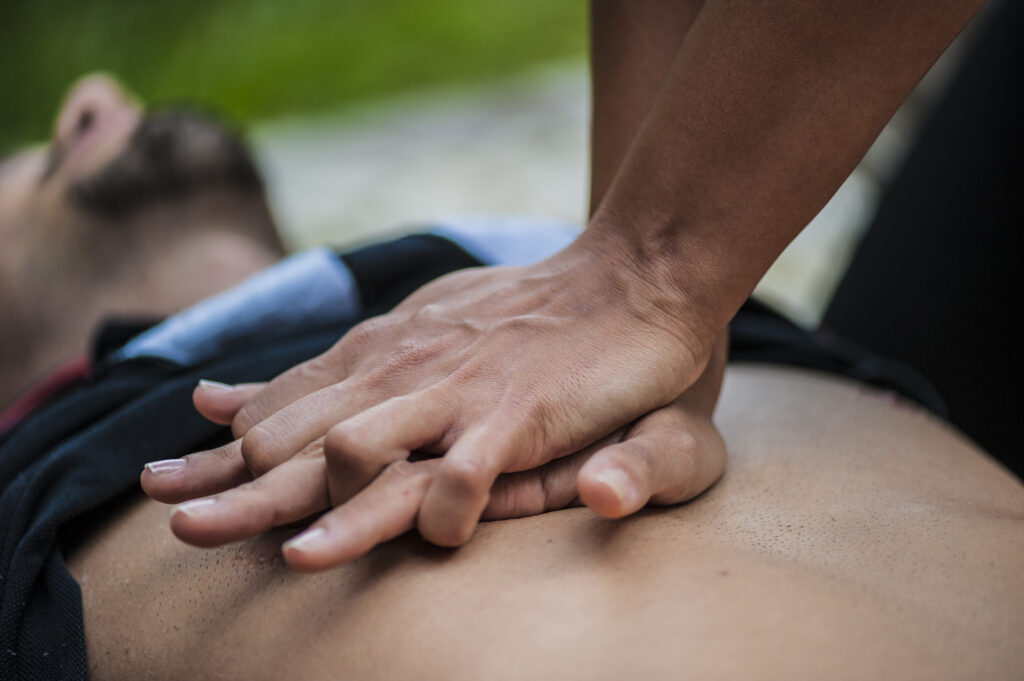
“People who are willing to ACT could be willing to act in ALL time-sensitive conditions, not just cardiac arrest. “
Who Attends CASSummit?
The Cardiac Arrest Survival Summit attracts a varied and interdisciplinary audience, representing every link in the chain of survival, both in the hospital and prehospital settings.
This includes emergency telecommunicators, public safety professionals, EMS practitioners, clinical healthcare providers, scientists, educators, public health officials, community advocates and others who are interested in improving survival outcomes through the advancement of emergency care science and practice. Survivors, their lay rescuers, and their families are a valued part of the audience.
- CPR, BLS, ALS and PALS instructors
- Emergency, critical care and school nurses
- EMS managers, chiefs, training officers and PIOs
- CPR and public access defibrillation program coordinators
- EMTs, paramedics, dispatchers and other first responders
- Physicians, medical directors and respiratory therapists
- Cardiology professionals
- Education program managers in hospitals
- Educators, researchers and scientists
- Rescuers, community champions and athletic trainers Industry representatives
- Law enforcement professionals
- State, county and city public health officials
- Occupational health and safety professionals
- Survivors and their families
- Emergency telecommunicators and 911 system administrators

What Makes a Good Presentation?
A good presentation is timely, relevant and presented by faculty who have unique insight into the topic.
It is characterized by a clear and concise message, well-structured content, a compelling narrative, and a satisfying conclusion that provides the audience with key takeaways, all aimed at improving survival outcomes through the advancement of emergency care science and practice.
Preference will be provided for submissions that are evidence based and provide participants with insight into relevant issues, new ideas and pragmatic methods in implementation. Submissions related to experience in the implementation of guidelines, innovations and best practices are also strongly encouraged.
All submissions will be blind peer-reviewed and evaluated based on originality, technical and/or research content/depth, correctness and relevance to the conference theme and sub-themes. We welcome presentations that address any condition that requires the re- start of the heart.
Potential Topics
In keeping with this year’s theme, please consider topics that address all time-sensitive emergencies, such as Stop the Bleed initiatives, overdoses or drowning.
- Reducing time to chest compressions and first shock
- 911, EMS, Fire and/or Law Enforcement- best practices and case studies
- Methods for delivering more effective real-world training that translates to performance
- Youth and/or athletes-interventions and readiness
- International interventions, research and case studies
- Improving lay responder willingness to respond and developing rescuer mindsets
- Building highly reliable systems of care
- Community strategies in specific settings, e.g. schools, industry, hotels, stadiums, etc.
- Implementation of effective early AED defibrillation programs
- Survivorship and advocacy-learning from experience (science and stories)
- Creating programs to standardize and enhance Telecommunicator CPR (TCPR) and AED utilization

- Emerging technologies and what they mean for the teaching and practice of resuscitation?
- Examples include artificial intelligence (Al), machine learning (ML), virtual reality (VR) and augmented reality (AR).
- Advancing cardiac arrest data collection, analysis and use across the system
- Increasing survivor, family and lay responder engagement and partnership
- Effective examples of legislative advocacy and regulatory change related to SCA
- HEARTSafe Community experience
- Global Resuscitation Alliance 10 steps to improve in-hospital cardiac arrest
- CPR in the schools and workplace
- Improving resuscitation quality among professional rescuers
- Efforts to identify and address disparities, e.g. race, sex, gender, age, SES, etc.
- Pediatric resuscitation
- Special interest: Resuscitation-related topics not already included above
Types of Presentations
The Cardiac Arrest Survival Summit will be structured to include the following types of presentations:
- Half- and full-day pre-conference workshops
These are four to eight hours in length and run prior to the start of the full conference. They are designed to present more in-depth training and education to targeted
audiences. Often, they are sponsored by an organization to provide education on a topic related to that organization’s expertise.
- Concurrent sessions
These interactive sessions address topics of special interest to segments of the conference audience. They can be in the form of case studies, summary of research or implementation projects, sharing of best practices, facilitated discussion or all of the above.
- Poster and roundtable presentations
Contribute to the field of resuscitation by sharing your research and best practices. Everyone, regardless of your experience as a presenter, is encouraged to submit for these sessions.
- Poster
- Consists of a visual display combined with a dedicated interpersonal question-and-answer period.
Breakfast with Champions
- Consists of a visual display combined with a dedicated interpersonal question-and-answer period.
- Roundtable
- Roundtable discussions will start with a five-minute talk from the submitting presenter, followed by a Q&A and further discussion from table participants.
- Poster
Submission Rules, Selection Process & William H. Montgomery Award
- All proposed presentations and application materials must be submitted through the online submission site.
- Without exception, submissions must be received through the website by 11:59 p.m. ET on March 14, 2025. Late and/or incomplete submissions will not be considered.
- When applying, you’ll be asked which presentation format you prefer and prompted to provide additional information about presenters. You must complete all required fields.
Accepted presentations may be published in the CASSummit program and on the CCPRF website. Questions? Contact us at CASSummit@citizencpr.org.
Selection Process and Criteria
The Citizen CPR Foundation Program Committee will review applications for pre-conference workshops, concurrent sessions and posters/round tables. The quality of the presentation content and relevance to the conference theme are the most important factors in the selection process. Quality will be determined based on relevance, significance, originality and innovation. The appeal of the proposed method of presentation, given the presentation content, will also influence selection. We encourage entertaining and informative presentations that engage the audience and make use of graphics, interactions and dialogue.
All submissions, presentation proposals and posters will go through a peer-reviewed, blind process with representative experts in the field. The CASSummit Program Committee will review recommendations from the reviewer panel and will make final selections for the program.
4. Outstanding
Submission is exemplary with regard to the criteria
3. Very Good
Submission performs strongly with regard to the criteria
2. Good
Submission has fulfilled the criteria but is not remarkable
1. Poor
Does not meet criteria/expectations
Applicants will be notified via email 6-8 weeks following the deadline regarding the status of their submission. Upon receival of the status of your submission, you will have the opportunity to accept or decline the presentation format you have been slated for.

William H. Montgomery, MD, Excellence in Education Award
All presentations selected for a concurrent session presentation at Summit 2025 will be eligible to win the William H. Montgomery, MD Excellence in Education Award. This award, sponsored by the Laerdal Foundation for Acute Medicine, is named in honor of Dr. William H. Montgomery, who served as co-founder and President of the Citizen CPR Foundation (CCPRF) for over 15 years. A plaque and $1,000 will be awarded to the lead presenter as identified on the presentation application. Please note: American Heart Association, American Red Cross, Heart and Stroke Foundation of Canada and Citizen CPR Foundation- sponsored speakers are not eligible.
The award is designed to promote the highest level of educational excellence at the Cardiac Arrest Survival Summit. It is our hope that this award will encourage presenters to seek excellence in all areas of education. With that in mind, presentations will be judged based on the following criteria:
- Value of the content to the CASSummit audience
- Quality of teaching methodology
- Innovation
- Presenter’s knowledge of the subject matter
- Degree to which the objectives of the presentation were achieved
- Overall quality of presentation
Cardiac Arrest Survival Summit features more than 100+ presentations from 200+ expert speakers on every link in the chain of survival!
Why Attend CASSummit 2023
Audience Content
This year, we bring trainers and educators better than ever content. Leaders in the field of resuscitation will present the latest science, strategy and techniques to better equip today’s trainers and educators to easily and efficiently demonstrate and share lifesaving information in any education setting.
Featured Audience: Trainers & Educators
Featured Pre-Conference: Community Resuscitation Officer – A Champion of Champions
Because nurses and physicians are on the front lines for response to in-hospital SCA, they are top of mind in the Summit 2023 program. Attendees will be able to enhance their clinical skills and become better educators through sessions that address response preparation, debriefing, post-arrest care and more.
Featured Audience: Nurses & Physicians
Featured Pre-Conferences:
Survivors, bystanders, HEARTSafe organizers and champions, administrators, city planners, motivated citizens —the resuscitation community is as impressive as it is inspiring. This community will be able to strengthen its own connections through focused programming that allows for space to learn, share and most importantly, support each other through this lifesaving work.
Featured Audience: Community & Survivors
Featured Pre-Conferences: Preparing for Cardiac Emergencies in Your Community: Project ADAM Heart Safe Workshop
EMS, fire and rescue, police officers, dispatchers and other public safety personnel are often the first responders when SCA occurs, making their continued resuscitation knowledge, training and implementation more important than ever. Summit 2023 will spend time discussing how to improve training techniques targeted to EMS, law enforcement and fire, as well as improving recognition of cardiac arrest in dispatchers. We will also highlight lifesaving applications like ECMO.
Featured Audience: 911, EMS, Fire & Law Enforcement: Public Safety Challenges & Innovations
Featured Pre-Conferences:
Inspire your teams with case studies, research and other content that reaches across the links in the chain of survival to provide out-of-the-box solutions.
Featured Track: Special Interest
Don’t miss a beat with Citizen CPR Foundation and Cardiac Arrest Survival Summit 2025
